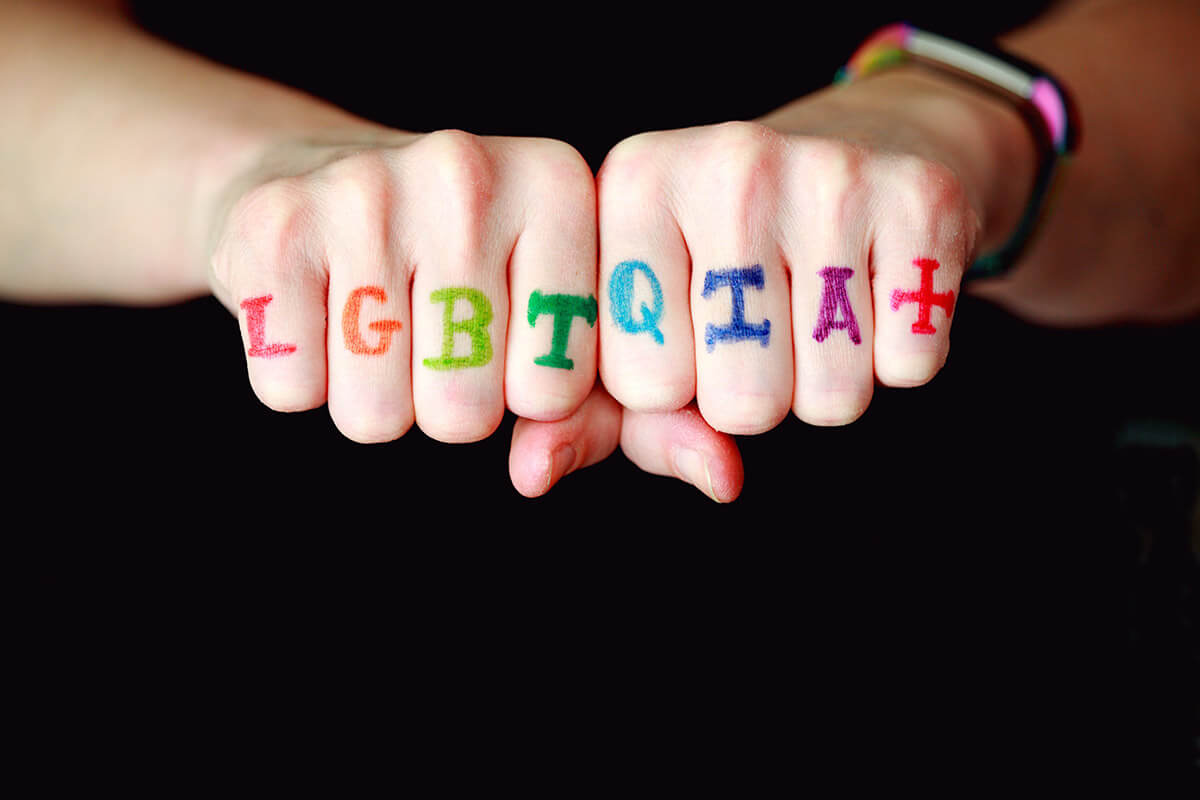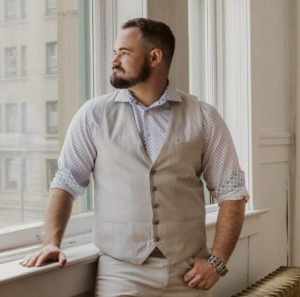“No one chooses to be LGBTQ”
MAX is an Ottawa-based non-profit that has been working together with public health authorities and other organizations to try to improve the lives of gay men since 2002. From campaigns to prevent diseases like AIDS or syphilis, to campaigns to promote a healthier lifestyle – anti-smoking – in 2008 the organization created the Gay Zone. Through this site gay men can access sexual health testing and treatment.
Although Canada is a very open country on these issues of sexual orientation and gender, because the Charter of Rights and Freedoms of 1977 states that Canadians are entitled to “fair treatment and an environment free from discrimination on the basis of sex, sexual orientation,” the truth is that there is always work to be done to improve the lives of future generations so that they do not repeat the mistakes of their elders.
James Demers, executive director of MAX for about ten years, agreed to share with Millennium Stadium some advice that gay men need to navigate this world in a natural and fearless way. For him, support is one of the key issues to avoid isolation, and help can come both from family and outside this community: ” (…) children who are supported by their parents regardless of sexual orientation are happier.
He also argues that although activism has contributed in recent years to change mentalities, sex education still needs to be more inclusive in Canadian schools because homophobic bullying still exists.
Demers has dedicated his career to giving voice to LGBTQ communities and trying to eliminate the stigma that exists around them and to create bonds of empathy with the entire community.
Milénio Stadium: All parents want what’s best for their kids. But providing support isn’t always easy —especially if you are the parent of a gay child or man. What are the biggest concerns of these parents that came up to Max?
James Demers: Parents are generally concerned that their kids might have a more difficult life or be treated badly by others who are homophobic however, children who are supported by their parents regardless of sexual orientation are happier and often live more fulfilling lives than children who feel the need to hide who they are from friends and family. Isolation is much more dangerous over a lifetime than short-term prejudice or a temporary lack of understanding of LGBT identities.
MS: What is your advice to these child or men to navigate in this reality?
JD: Connect with gay communities and develop friends both inside and outside of the community. This will give you regular access to resources when you need them around health care, and social support, and in the event of discrimination, you will have a network of people to help you manage. Make time to address internalized homophobia and misconceptions you might hold personally about being gay and the community at large, self-love is essential.
MS: There are a lot of misconceptions about gender and sexual orientation. “Just a phase”; “there is no cure” and “don’t look for blame” are common expressions that we hear around. Would you say that this doesn’t encourage society in general?
JD: I think the world has changed a lot over the past two decades of activism. LGBT people are more visible than ever before, we are seeing more representation from cultures across the world on international stages and political attitudes have shifted. Education is available and there are lots of everyday LGBT people showing us it is possible from an out and fulfilling life from many different perspectives. Overall, I think we are headed in a positive direction seeing more acceptance it just takes time.
MS: Do we need more inclusive sex education in Canadian schools?
JD: Yes, 100% yes.
MS: Not few times these children or men are struggling with bullying in school. How can the parents identify the red flags?
JD: Children will often become reclusive or try to stay home sick from school with increasing frequency and they do not feel safe.
This should be addressed with the school immediately and the parents should expect a zero-tolerance policy on homophobic bullying.
This is supported in Canada by the Charter of Rights and Freedoms, if the school is not supportive it is often worth switching institutions to a better environment for the child. No one chooses to be LGBTQ, we choose to be honest about who we are and should not experience barriers in the world due to others’ bigotry- this is especially important to uphold in our education system.
MS: How prevalent are mental health conditions among the gay community?
JD: No more prevalent than in the general population, however LGBTQ people often experience homophobia, transphobia, and sex-negative attitudes from doctors, therapists, and nurses which create barriers to our ability to access care. In this way, we often have to wait longer or experience more adverse incidents between being able to access properly educated professionals. This is changing but had been led by the community itself rather than coming from the evolution of the professional sphere itself. It is essential that professionals listen and learn from the communities they intend to serve about how best to care for their needs in order to take into account health as a holistic form of intervention.
Joana Leal/MS










Redes Sociais - Comentários